What Causes Chronic Pain?
The etiology of chronic pain is very complicated, and little is understood about its causes. Most chronic pain begins with an acute injury that causes an appropriate pain response. This pain response, however, persists in spite of the resolution of the injury. It is believed that the persistent perception of pain arises from an abnormal combination of nerve injury and inflammation resulting in the transmission of pain messages to the brain.
How Is Chronic Pain Treated?
The etiology of chronic pain is frequently multifactorial and proper treatment often requires a multidisciplinary approach involving a number of pain management specialists. These specialists may include anesthesiologists, neurologists, neurosurgeons, psychiatrists, and physical therapists.
A variety of medications can be used to modify the way the pain signals are transmitted and perceived by the brain. These include: Anti-inflammatory agents, narcotics, antidepressants, anti-seizure medication, and muscle relaxants. In addition to medication a nerve blocks and ganglion blocks can be performed in an attempt to block the transmission of pain impulses to the brain.
When medications and/or nerve blocks fail to adequately treat the pain, some surgical procedures, such as spinal cord stimulation, have proven beneficial in selected patients. Spinal cord stimulation involves the placement of an electrode, over the covering of the spinal cord (the dura). The electrode is connected to an implantable generator that delivers electrical impulses to the spinal cord. These electrical impulses block the transmission of pain sensations to the brain.
The direct infusion of medications around the spinal cord and nerves is also a treatment option available for select patients. The medication is delivered to the spinal cord and nerves by a small catheter that is connected to a pump where the medication is stored. Direct medication delivery in this way may relieve pain with fewer side-effects than high dose oral medications.




